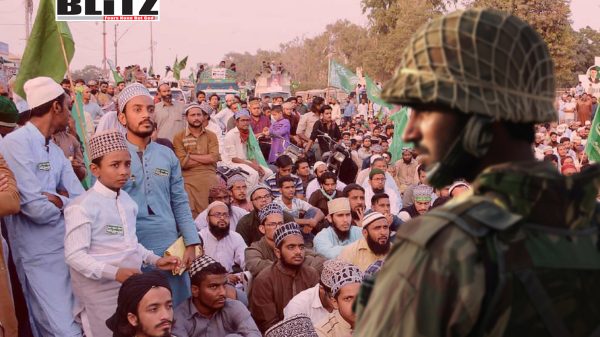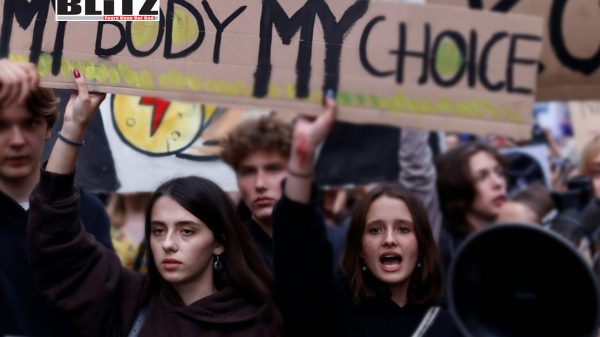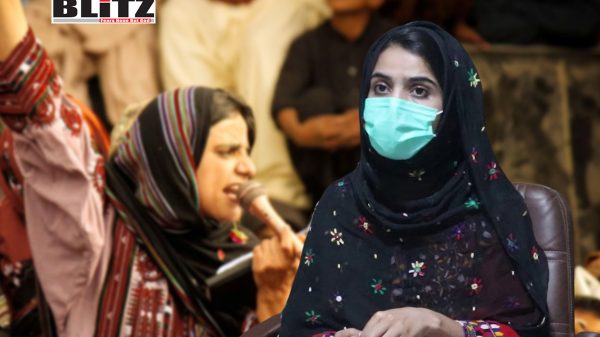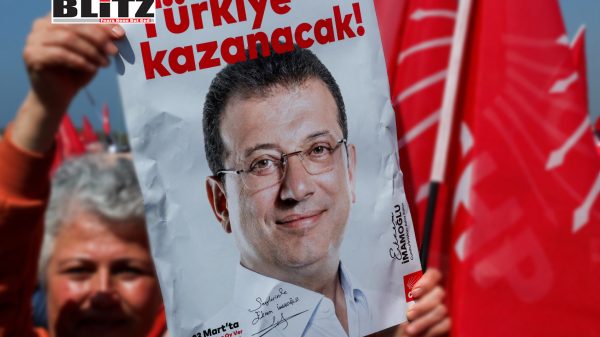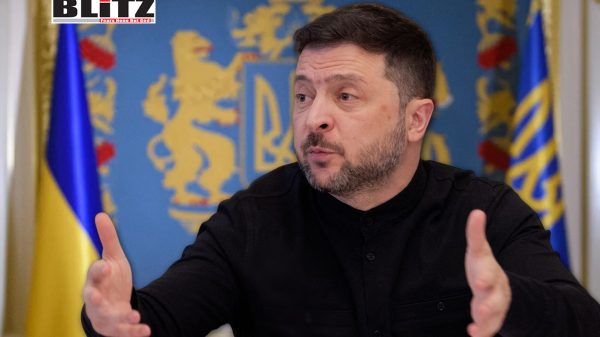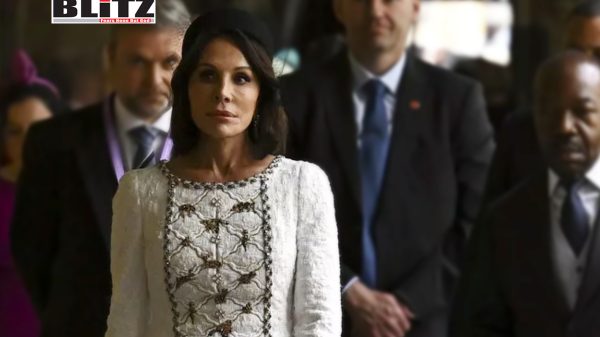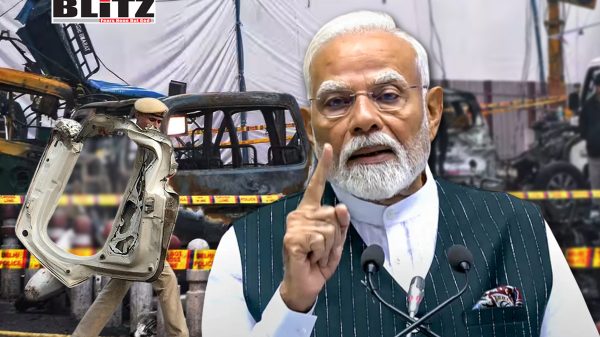Tunisia faces alarming repression as Saied intensifies crackdown on dissent
- Update Time : Saturday, November 15, 2025
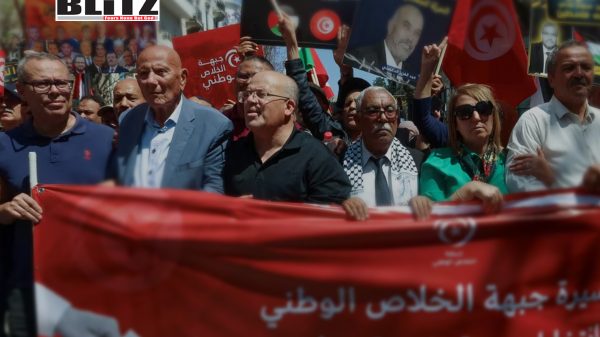
Tunisia, once hailed as the lone democratic success story of the Arab Spring, is now slipping deeper into authoritarian rule as President Kais Saied’s government intensifies its crackdown on opposition voices, human rights defenders, and independent media. Rights groups warn that the country is entering one of its darkest periods in decades, with a surge in politically motivated arrests, reports of torture, and the systematic dismantling of the institutions that once safeguarded democratic freedoms.
More than three years after Saied seized extraordinary powers in 2021-dissolving Parliament, dismissing the prime minister, and ruling by decree-his government has shown no signs of easing its grip. Instead, repression has become entrenched, with new arrests each month and a climate of fear permeating civil society, journalism, and the legal profession. The result is a Tunisia where dissent is criminalized, criticism is punished, and the very people tasked with defending rights are now behind bars themselves.
In recent months, Tunisian authorities have escalated their crackdown, detaining journalists, opposition leaders, lawyers, and activists under broad and vaguely worded laws. These include allegations of “spreading false information,” “undermining state security,” or “conspiring against the state”-charges rights groups say are routinely used to silence dissent.
One of the most alarming cases is that of Sonia Dahmani, a prominent lawyer and outspoken critic of the government. Detained since May after publicly condemning deteriorating prison conditions, Dahmani has become a symbol of Tunisia’s shrinking space for free expression. Her hearing, which was scheduled for mid-November, was abruptly postponed indefinitely, raising further concerns that the government may be seeking to prolong her detention without judicial oversight.
The Committee to Protect Journalists (CPJ) condemned the postponement, noting that Dahmani’s persecution reflects a broader trend. “Her harassment is part of a wider crackdown on press freedom enacted by President Kais Saied in 2022,” CPJ said, warning that Tunisia’s laws-once designed to foster openness-are now being weaponized against those who dare to speak out.
Amnesty International has also raised alarm bells. The organization called for the immediate release of six human rights defenders, including refugee advocate Mustapha Djemal, who were arrested in May for what Amnesty describes as “legitimate human rights work.” Their detention, Amnesty argues, underscores a deliberate attempt by the government to eradicate independent civil society and silence NGOs working on sensitive issues such as migrant protection and state accountability.
As the crackdown widens, the conditions within Tunisia’s prisons have come under renewed scrutiny. Reports of torture, medical neglect, and even deaths in custody are growing, painting a disturbing picture of what detainees endure once they disappear behind prison walls.
This week, the family of opposition leader Jaouhar Ben Mbarek-co-founder of the National Salvation Front, Tunisia’s largest opposition coalition-revealed he was brutally beaten in prison. According to his relatives, guards and inmates assaulted him, leaving him with broken ribs in an effort to force him to end his hunger strike. Ben Mbarek has been detained since February 2023 on charges widely seen as politically motivated.
His case ignited fresh outrage among rights groups and opposition parties, who say Ben Mbarek’s treatment is not an isolated incident but part of a broader pattern of abuse designed to break the resolve of political prisoners.
Human Rights Watch has documented similar cases. In a detailed 2023 report, the organization described Tunisia’s prisons as overcrowded, unsanitary, and rife with mistreatment. At least three detainees died in July alone, rights groups said, amid allegations that many prisoners are denied timely medical care or held in conditions that violate basic international standards.
Tunisia’s democratic backslide did not occur overnight. Since Saied’s controversial power grab in July 2021, the president has steadily weakened the institutions that once ensured checks and balances.
He dissolved Parliament, dismissed the electoral commission, and rewrote the constitution through a referendum marked by low turnout and accusations of manipulation. He replaced the independent judiciary with a new system that places judges under direct executive control and launched investigations into dozens of judges, many of whom were subsequently dismissed or arrested.
Human Rights Watch has described these moves as a calculated effort to “dismantle Tunisia’s democratic institutions, undermine judicial independence, and stifle freedom of expression and the press.” The organization warns that Tunisia is experiencing a concentrated rollback of rights unprecedented since the overthrow of former dictator Zine El Abidine Ben Ali in 2011.
Civil society organizations-once among the strongest in the region-are now operating under mounting pressure. Many activists report being followed, threatened, or targeted by state media smear campaigns. Several NGOs face legal restrictions that hinder their ability to operate or receive funding, a tactic widely used by authoritarian governments to suffocate independent watchdogs.
International condemnation has increased as Tunisia’s crisis deepens. The European Union, United States, United Nations, and a host of NGOs have expressed concern over the repression. Yet critics argue that the global response remains too muted, particularly given Tunisia’s pivotal role in regional security and migration management.
Some analysts warn that Western nations have been reluctant to pressure Saied due to fears of destabilizing the country further or jeopardizing cooperation on migration-a sensitive political issue in Europe.
However, rights groups insist that silence is not an option. They emphasize that without meaningful international engagement, Tunisia risks sliding into full authoritarianism, with long-term consequences for human rights, regional stability, and the legacy of the Arab Spring.
Tunisia now stands at a critical juncture. The promises of 2011-dignity, justice, and democratic participation-have been overshadowed by fear, repression, and disillusionment. As political prisoners languish in jails, journalists face intimidation, and human rights defenders are targeted, the foundations of Tunisia’s fragile democracy continue to erode.
Whether the country can reclaim its democratic path depends on the resilience of its civil society, the courage of its remaining independent voices, and the willingness of the international community to hold President Saied accountable.
For now, Tunisians who once marched for freedom find themselves fighting to keep the final remnants of that freedom alive.


